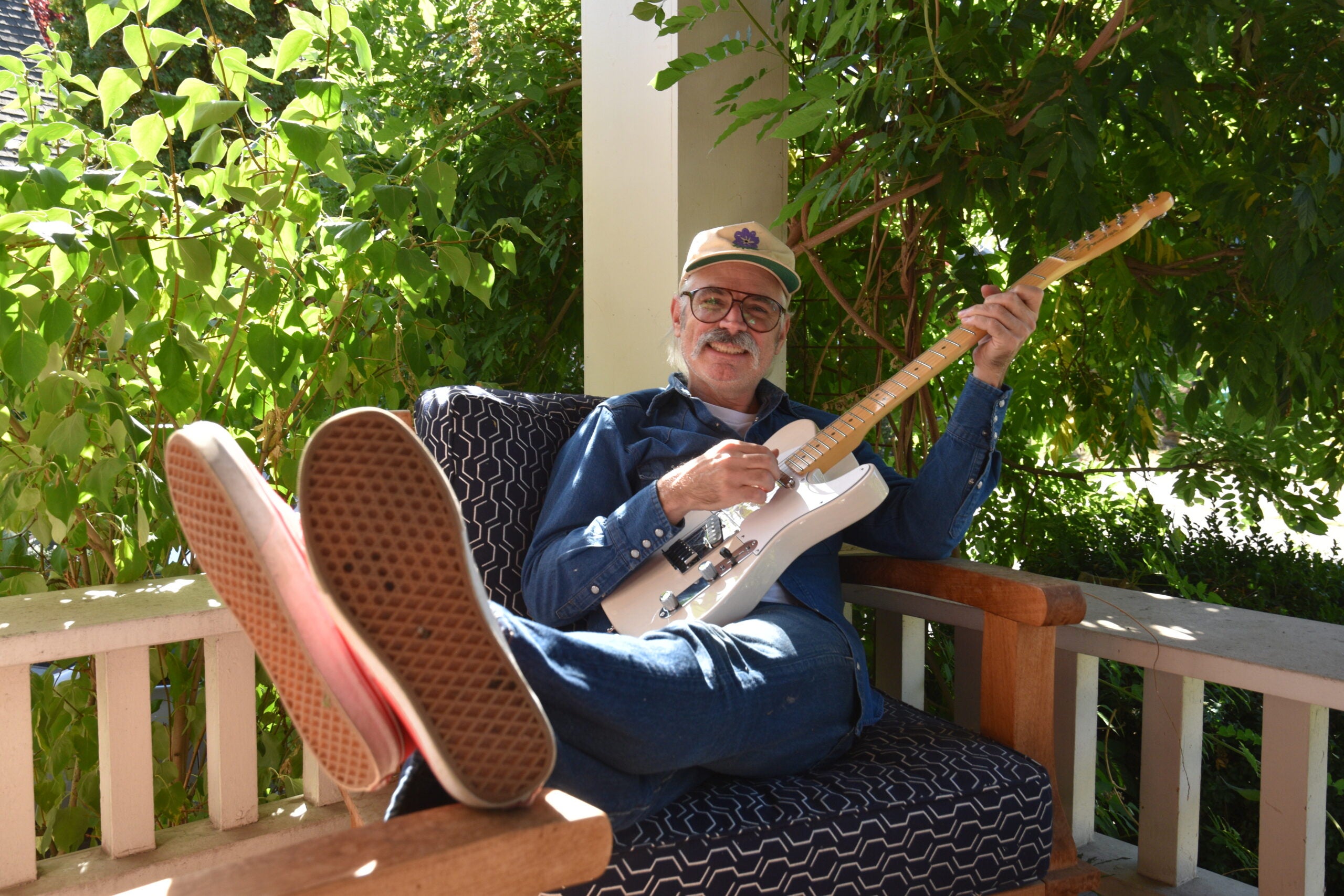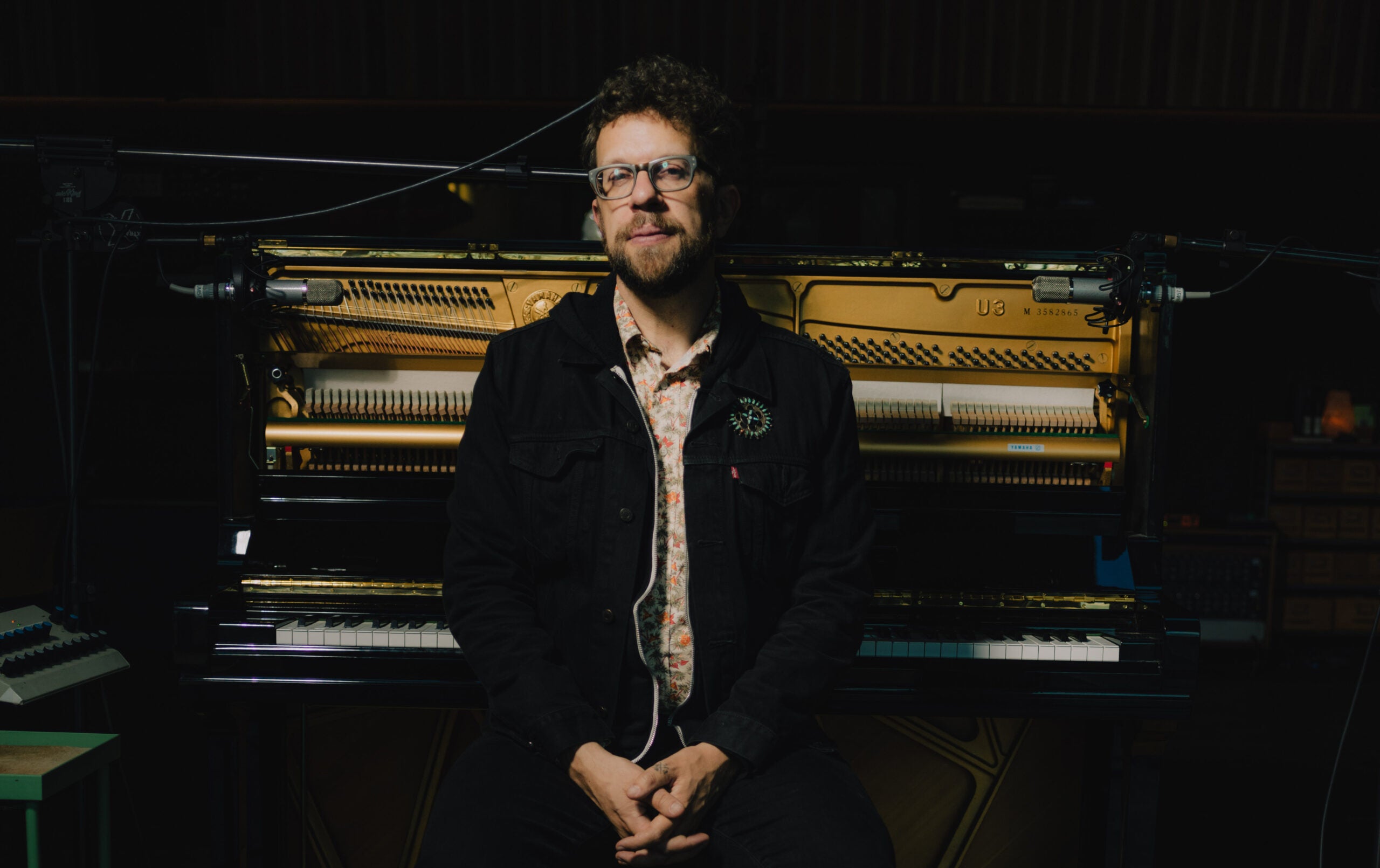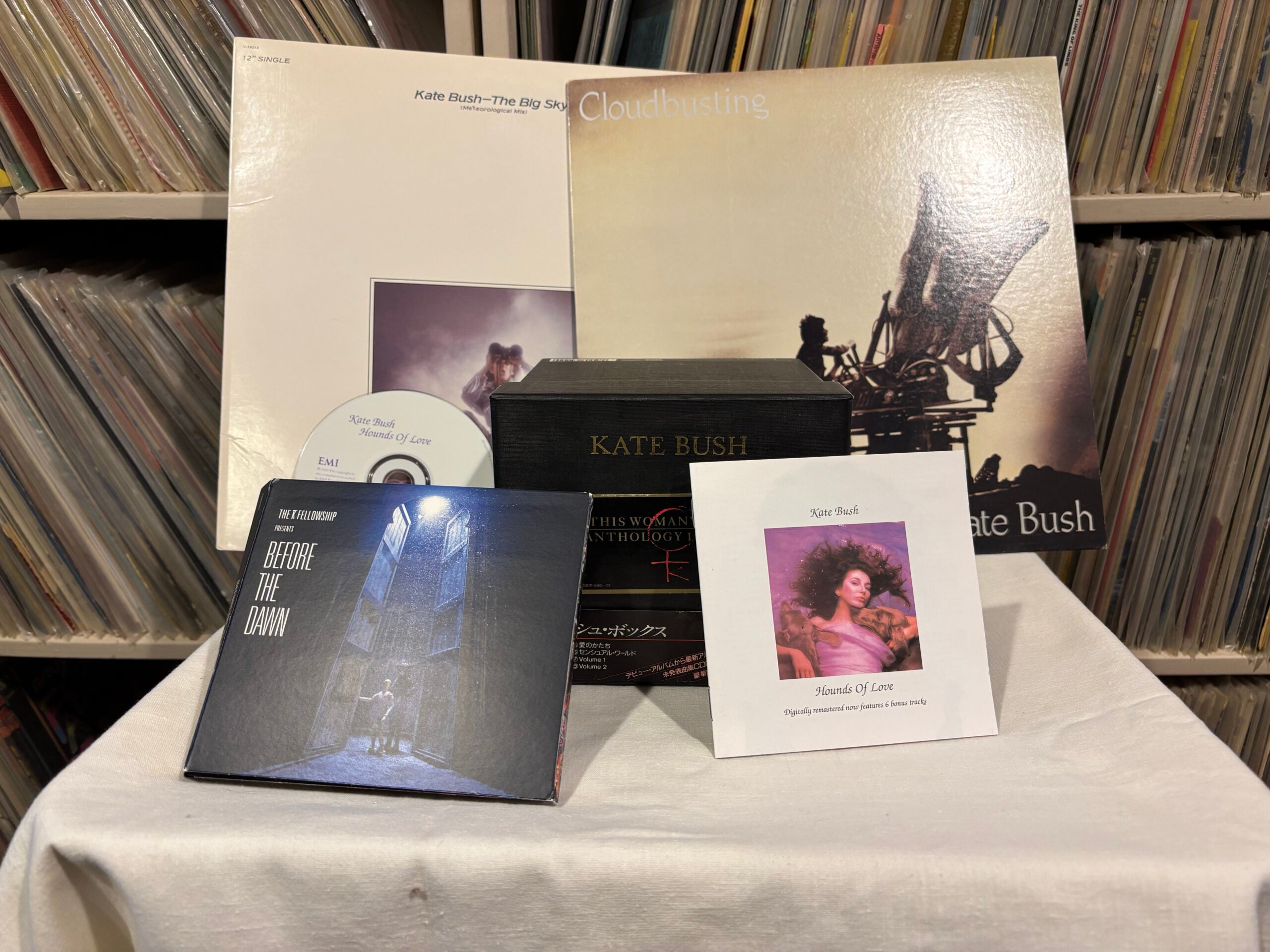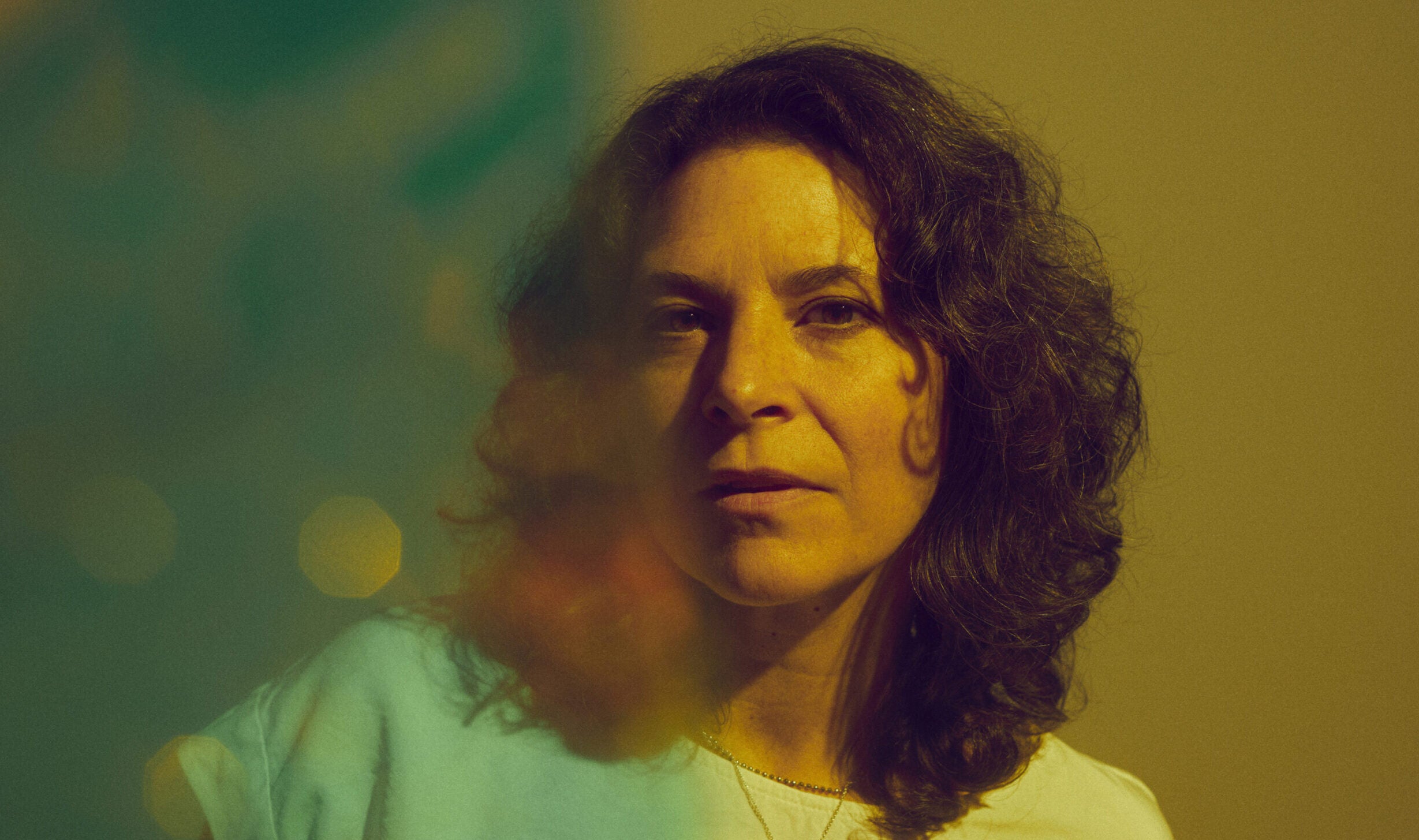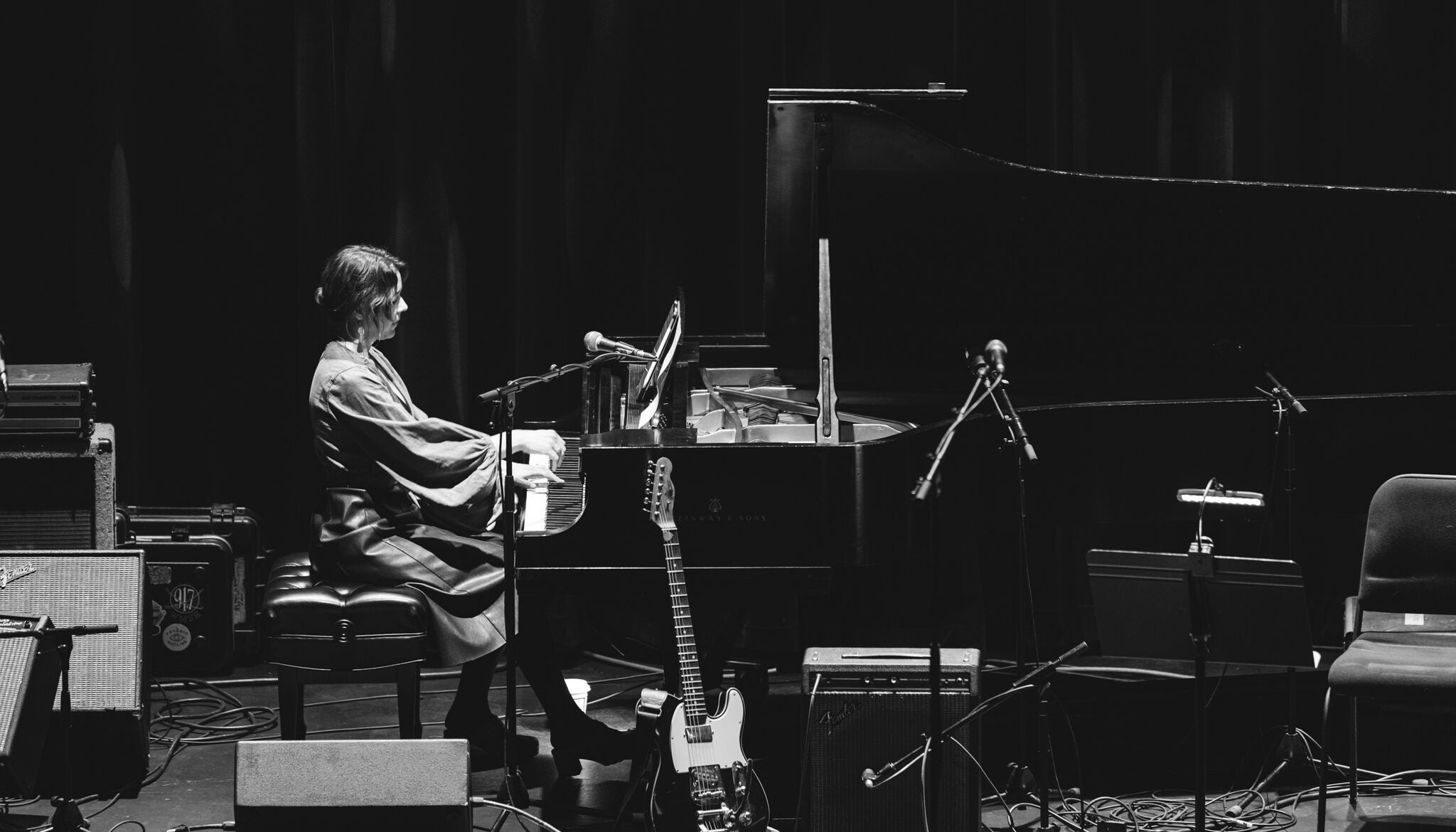Ripley Johnson is a triple threat: guitarist, vocalist and songwriter. He’s the man behind the psychedelic stylings of the bands Wooden Shjips and Moon Duo.
Now, Johnson’s explorations have led him to form his newest group out of Portland, Oregon: Rose City Band. The music is influenced by Johnson’s love of albums from the 1970s. Think Neil Young with reverberating echoes of the Grateful Dead and Gram Parsons.
Johnson sat down with WPR’s “BETA” resident musicologist Steve Gotcher to talk about the group’s newly released fifth album, “Sol Y Sombra,” the collective unconscious, and Johnson’s ability to lean in to his influences to create something new.
Stay informed on the latest news
Sign up for WPR’s email newsletter.
The following interview has been edited for clarity and brevity.
Ripley Johnson: I grew up on classic rock. My dad had a huge record collection that he mysteriously never seemed to listen to. Like, I have no memory of him ever putting a record on, but he must have had a thousand records.
Radio, at the time when I was growing up, was a lot of classic rock, a lot of oldies. So that’s something that I absorbed at a formative age. When I was in high school, I got more into psychedelic classic rock — stuff that was easily accessible at the time — Pink Floyd and the Grateful Dead and Neil Young.
And so that’s just sort of my foundation of my love for music. I got into denser, heavy droning kind of stuff in my 20s and that informed my early bands. And then as I’ve gotten older, I’ve just come back full circle to the music of my youth. And that’s what I associate the Rose City Band stuff with more.
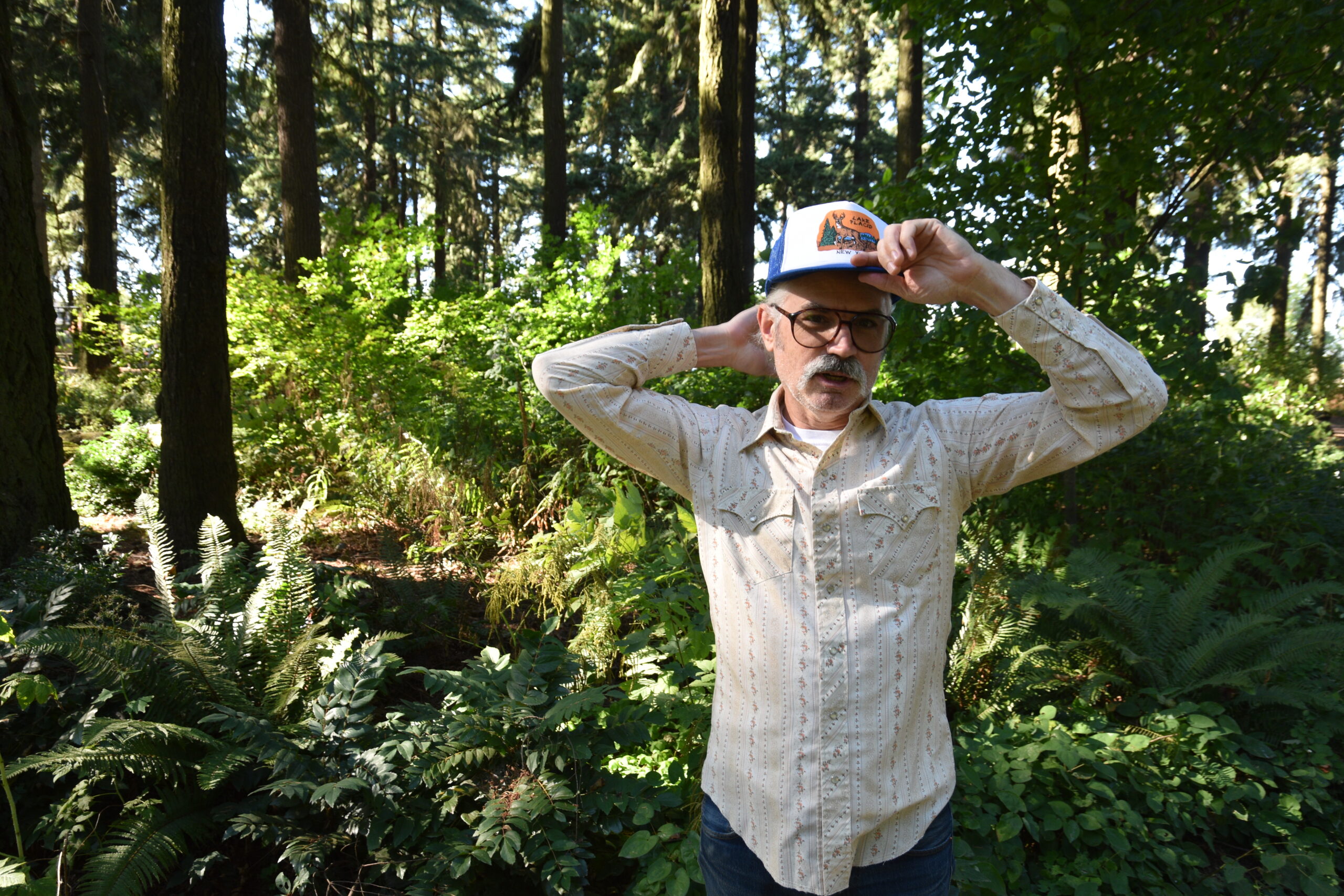
Steve Gotcher: Were there any non-musical influences for this particular record?
RJ: Yeah, I would say Carl Jung, of all things. (LAUGHS).
I’ve been doing Jung-ian psychotherapy in the last couple of years and I’ve gotten sort of obsessed with his philosophy of the psyche and the unconscious. I have a dream journal and I do a lot of dream analysis. So the title “Sol Y Sombra” — sun and shadow — sort of alludes to that. Our conscious mind, what we go through every day, our ego. And then there’s the shadow. There’s this big part of us that we only really glimpse in dreams. And so that has been something that’s been preoccupying me for the last couple of years.
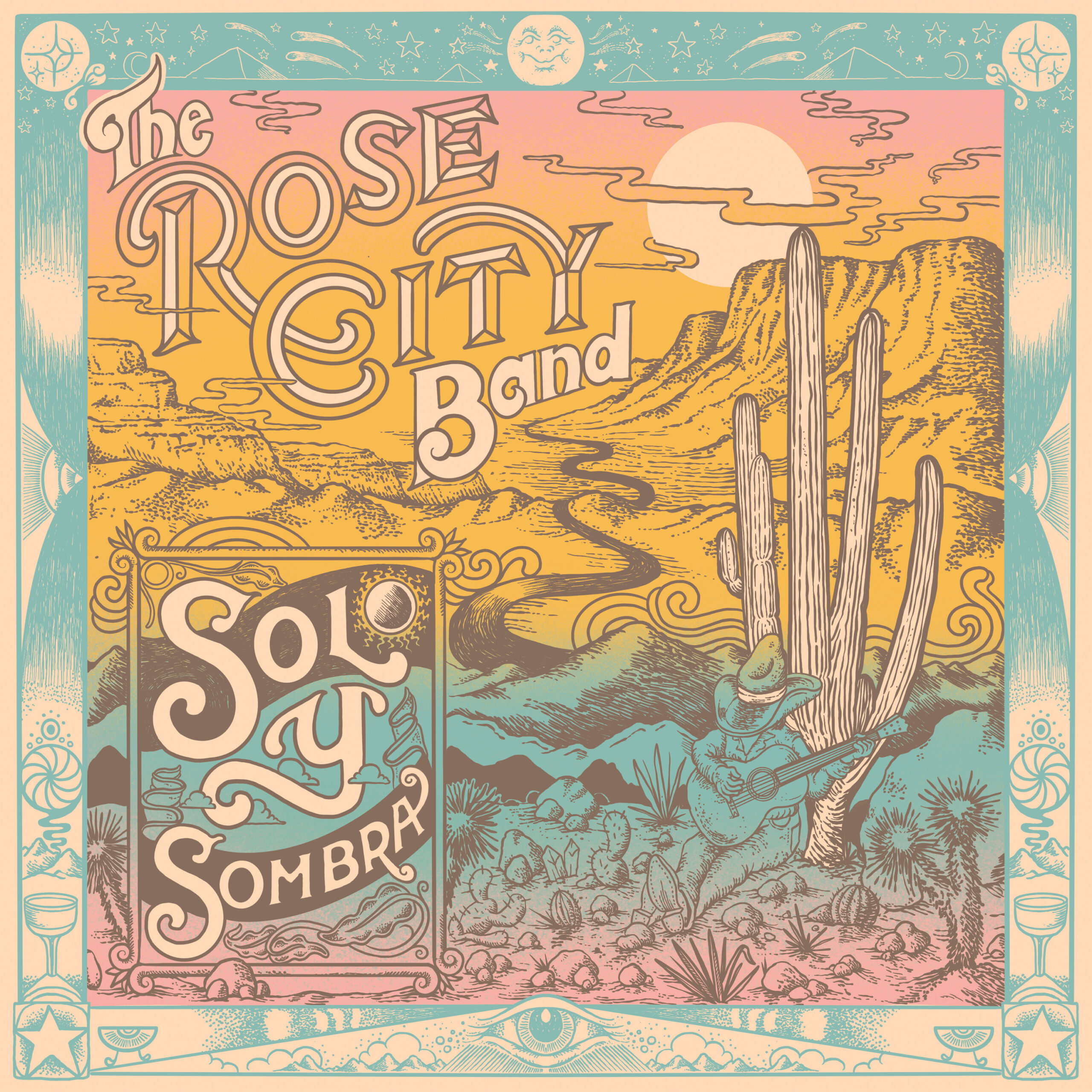
SG: That’s interesting. And the concept of the record certainly has that vibe to it. There’s a lot of light and dark, and it just seems to be on the edge of falling apart totally. Yet it’s so tight and clean. It’s an amazing thing that you pulled off.
RJ: Thank you. In my early bands, there was a lot of density, like you said. There’s a lot of fuzz or distortion, which as a guitar players is wonderful because it’s like surfing a sea. It supports you. And for this band, for some reason, I wanted to remove a lot of that and find a clarity. But it also leaves you very exposed. So it is a challenge for me as a musician.
SG: And when I say falling apart, I mean in the sense that it would evolve into a psychedelic cacophony at some point, but it doesn’t do that. Which is a cool thing because you’re waiting for it to happen and it doesn’t.
RJ: Live, we have a lot of improvisational sections in our set. And there’s always the possibility that things will fall apart. I think leaving room for that possibility is what enables you to create something potentially special on that night.
Of course, you would never leave that on the record. You would excise that if it happens during the recordings.
SG: Right. Otherwise, it’d be a 10-volume set. So let’s talk about the songs a little bit. And we spoke about the Grateful Dead a little bit ago. “Lights On the Way” definitely has a Grateful Dead-feel. What were you going for with that track?
RJ: I just try to open up and just let things come to me. That’s sort of how I work as a songwriter. While we were recording it, I noticed these things. Like, this is sounds a little bit like this, a little bit like that. And you can’t really run away from your influences. Sometimes I lean in and sometimes I lean back, you know?
Lou Reed somehow has gotten into my bones. And so the way I play rhythm is just very similar, I think, to things that he did. I hear the little bit of Grateful Dead stuff in it, but usually when I’m creating, I don’t notice those things. It’s usually when I’m recording, in retrospect.
SG: You don’t sound like the kind of person who’s really trying to create your own particular sound. You’re very willing to just lean into whatever is appealing to you at that time. Is that right?
RJ: Yeah, and that’s come to me later in life as I’ve matured a bit. When I was younger, I think I was very contrary in general, and I think my music was always sort of a reaction to the culture, a reaction to things. And now I’m trying to accept things as they are. I mean, everyone has their own unique things that they like. Even if we all share so many common things.
And music is a language. That’s why it means something to people. But I think if you just stay true to your little eccentricities, you end up coming up with something unique.
SG: A few weeks ago, I talked with Joe Boyd. He’s written a book recently about world music. And he was saying that there is no pure music. All music is a hybrid.
RJ: Yeah. It’s sort of like Jung would say, the collective unconscious. We’re all pulling from the same things. This is why sometimes in scientific breakthroughs, people will invent the same thing on different parts of the globe.
At the same time, the same thing will be invented. You know, we’re pulling things from this well of knowledge and culture that’s thousands of years old. And you kind of have to just let it happen for the magic to be there.
SG: The songs on the record move from melancholy to joyful. And you’ve said that “Rose City Band” tries to keep things light, but the darkness has crept in a little bit more this time. How do you feel about that?
RJ: I feel really good about it, actually, because I think when I first started this project, it was in some ways a reaction to my other bands. It was all pretty heavy and dark. I needed to do something light for myself. And a balance has come in with this project, which I think is healthy.
SG: The first “Rose City Band” album was a bit of an enigma. It took you a while to even come forward as the guy behind the project. And it wasn’t until after your third album arrived that the band performed anywhere live. Why is that?
RJ: Part of it is the pandemic. When I made the second album, I actually made the record thinking about playing live. So a lot of the songs were geared toward that. And then the pandemic hit when it came out, so that put a pause on that. But the initial record, I wanted it to just exist in the world without being considered in the context of me and my past work.
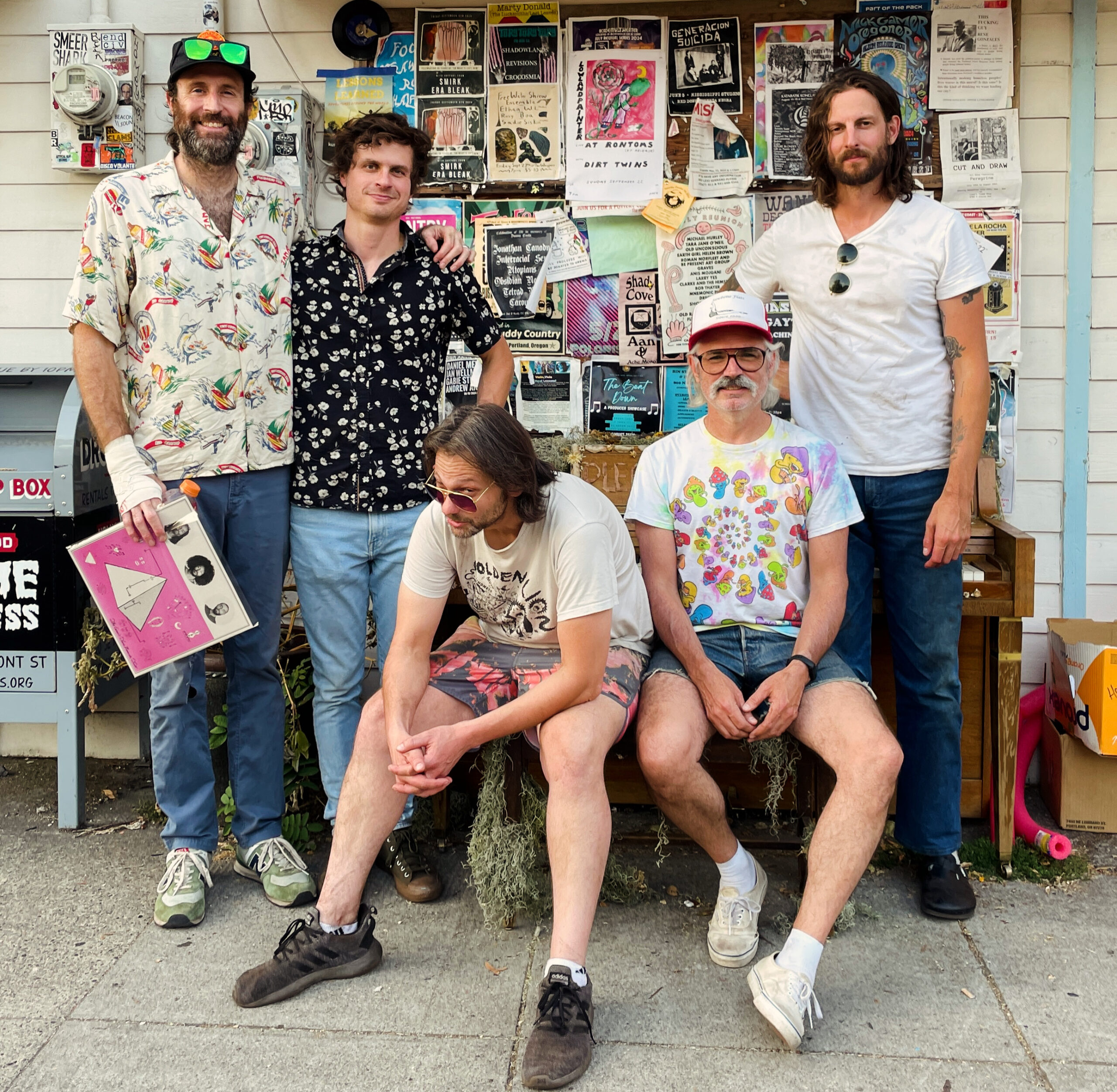
SG: This album is laid out in a very intentional way. Did you spend a lot of time thinking about how to sequence the songs on this record?
RJ: Yes, always. I’m a vinyl person, so I think about that. Like, what’s the first song you’re going to hear when you put the needle down on both sides? And also, I’m a big side-B guy. I think it’s fascinating when you look at the second side of LPs, because a lot of times it’s the weirder songs. Often times for me, that’s the most interesting, cooler stuff. We had some weirder songs for this record that weren’t straightforward country rock or whatever. So I immediately thought, these songs are going to be on the second side and ease people into it.
SG: You know, a lot of people who have a musical career start out a certain way and may move away. Like, Joni Mitchell moved away from folk music more into jazz and some other experimental things. Are you doing that or are you doing it simultaneously with all three bands?
RJ: The “Rose City Band” stuff is my main preoccupation right now. The other bands aren’t really active, so I guess I am moving away from that stuff. I’m on some kind of journey. I don’t know where I’m going, but yeah, there’s definitely some sort of trajectory.
